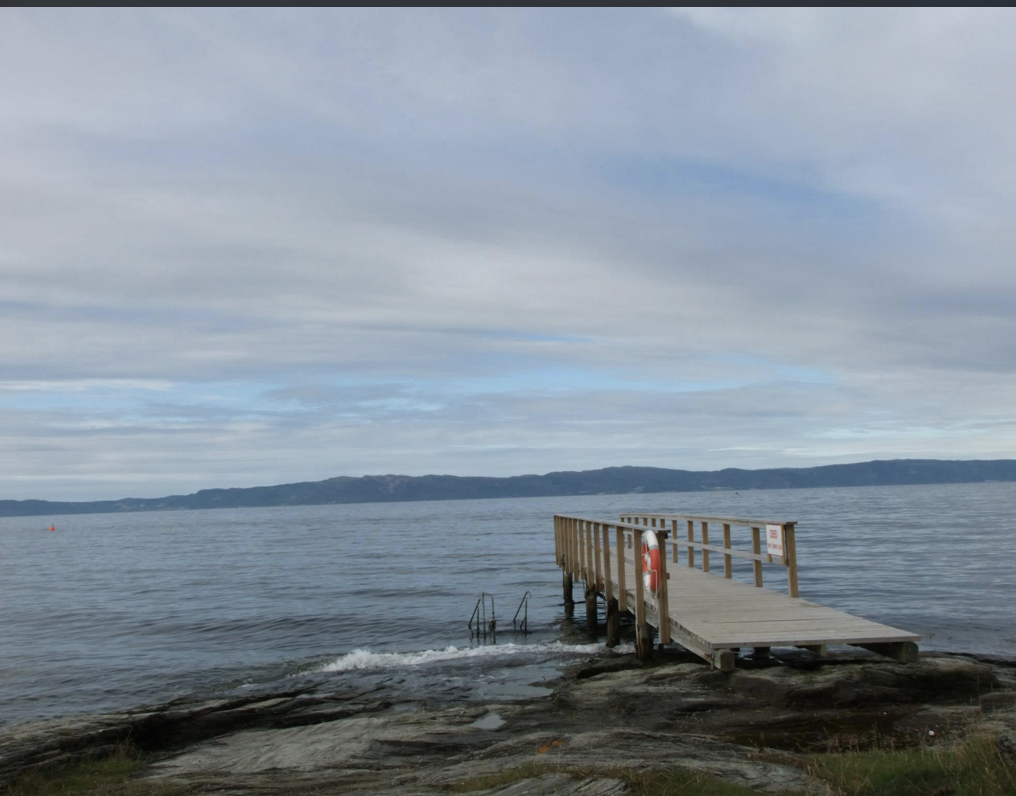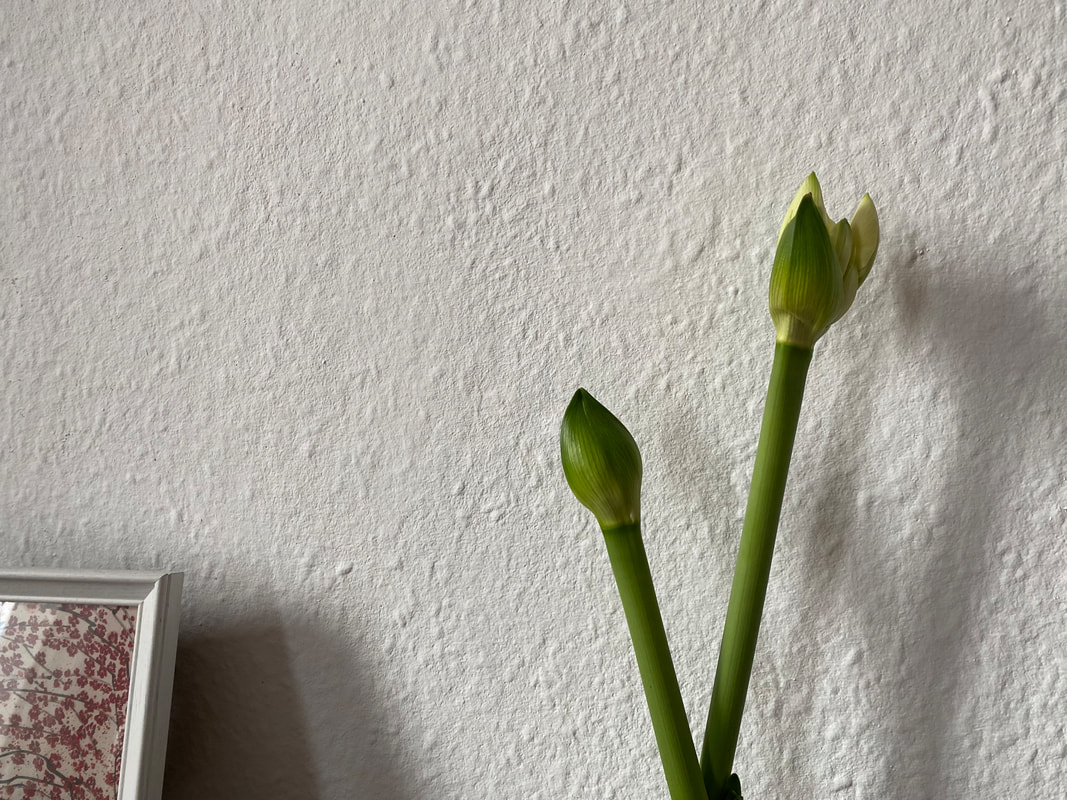|
Our writer enjoys soothing missives from the Norwegian wilderness, and remembers lab rats and childhood reading struggles.
News from the Fjord An elk fell from the sky and landed on the roof of a car speeding down a winding highway in the Norwegian west country last week. The driver survived. The elk– which it turns out had fallen off a cliff overhead– did not. I know this because my mother read about it in her local newspaper and shared the story with me in our now weekly phone call, a new ritual that has come out of these long and, at times eerily isolated months. Notes The routine of weekly phone calls between us began when Norway went into lockdown earlier this year. She was worried she’d get lonely. I was surprised to find that I enjoyed talking to her that often. The phone calls continued while she was in our family home in London, too. Why she went, when she could have stayed in Norway– a far safer place for a pandemic, was beyond me. But as I said, she doesn’t like being alone. And I was glad she wasn’t alone. I sent her workouts for the park. “I’m in my sixties, Sarah. I’m not going to crawl around like a bear in public.” Now she’s back Norway again, enjoying an enviable freedom, keeping me abreast of all the latest wildlife news interspersed by observations of her own of how ‘mean’ seagulls ‘bullied’ an eagle out of his dinner near the boathouse of the family cabin out in the Trondelag fjord. And how a ‘rude’ woodpecker has made a home on the front porch, loudly digging holes into the wall to impress his lady friends. My father and I used to make fun of how inane the Norwegian news cycle was. This year I’m grateful for it –I’m almost tempted to get in a subscription to one of these papers, sift through pages and pages of astonishingly-sized fishing conquests, and Norwegians in their silly folklore costumes marking some event no one outside the country has heard about. My grandmother was especially fond of a magazine called ‘See and Hear’ (Se og Hør), which as far as I could see, was just a catalogue of B-list Norwegian celebrities and their fishing boats. “This poor elk, just landed with a ‘thump’ on the car. Of course he died on the spot,” my mother said, in the Norwegian lilt that has grown more noticeable since she moved back to her homeland six years ago, a sort of limbo situation forcing her to straddle London and Norwegian family life while finishing off her final years as an immunologist at her hometown’s university in Trondheim. “What did you do this week at work?” I ask her regularly. “Oh, you know. Science,” she always says, looking to change the subject. It’s funny, journalists go on and on about their work, you can’t really shut them up. Scientists are usually quite different. They tend to have more humility, the work itself being much more mundane on a day-to-day basis. Over dinner, journalists talk about news events as if they were in the middle of all of them. Scientists return home with very little more to recount than that they might need to invest in a more upscale pipet. Vindictive lab rats My mother trained initially as a nurse, working in this capacity for long enough to realise that there lived inside her a hunger for solving the sorts of long and complex puzzles to which scientists dedicate themselves. I think I always respected the level of engrossment and dedication she had with her work, although there might have been frictions around the long hours. During my early years, before school started, I spent a lot of time with my father. He worked night shifts at a London newspaper at the time. My mother moved to London in the eighties on earning a little inheritance from an uncle, and with the aim of completing a PHD. This is how she met my father. Their marriage came faster than it might have done otherwise, owing to changes in immigration laws implemented by Margaret Thatcher. “I’ve always just gone with the flow,” she says. By flow, I think she means that her capacity for devotion, for moving through the patterns of her life without questioning too much, is rather strong. She’s a person of faith, too. Never saw a conflict in what she had learnt as a scientist with what she felt about her God. I respect her for that, though growing up I found this Nordic fatalism trying. If you don’t ask yourself the right questions at the right moments, how do you know you’re on the right track? How do you know you’re not an elk about to wander off a cliff? When I was little, she’d sometimes take us to the lab, introducing us to the rats you were allowed to hold, alongside the white ones that could never leave their glass cabinets. Once, she placed a grey one between my fingers. It bit me and I cried. Words that swim My brother was the budding scientist. I was the kid who couldn’t read. I hated it. Words would sort of – for want of a better way of describing it – swim on a page, and I couldn’t make sense of the ways the letters came together, couldn’t really see the logic that came naturally to everyone else. Learning to write felt like trying to paint on paper with a spear. It just didn’t really work. “L-A-P” – what word is that, Sarah?” I didn’t know. Trying to know always put me in a panic. Reading terrified me, but I didn’t really have much choice but to plough through it, trying to conceal this slowness as best I could, trying desperately to find my own solutions. I’ve ironed out the worst of it, now. Sometimes, when I’m in flow, I don’t notice it all– this panic and doubt that makes me second guess every word such that they start swimming again. If I need to, I can stem the way they swim by isolating a sentence, and tackling it word by word, remembering breathing exercises that have helped create calm in sparring scenarios, too. I am not really sure where or how this arrested development came about. With each new language I have learned, I have struggled with the initial building blocks of it, and fluency for me has always come in the form of having a handle on the unique rhythms and flows of a language, not really in mastering the grammar or spelling on any innate level. I still compulsively spell check. And I still harbour fears around being ‘found out.’ Which is funny, because I do this professionally now. And I’m good at it. But maybe it’s not that surprising, maybe it’s what I do to claw back some sense of control, however uncomfortable the process can still make me. It’s always a relief to finish with an edited piece. Tidy something up so there’s nothing wrong with it anymore. Don’t get me wrong. I genuinely love what I do. And I love words in a particular way that has nothing to do with the pain they initially brought to my life. Most of all I like how they sound, and that feeling you get when you finally think of the exact one you need. Some self-help gurus say that we either do one of two things: We either operate out of fear. Or out of love. And that it is ultimately up to us to choose love over fear. I understand this premise and I see its value. But I don’t think matters of the human heart are ever that simple, or that we always have that much power over what drives us. I think a lot of the time, we can’t really help the fact that our motivations and passions are driven by an interplay of both. Back to Berlin This weekend I had a friend come round. My funniest German friend. “Oh my God. This place! You’re Hannibal Lecter!” she said, before diving onto the piano and cracking out some of “Freddy ‘Small Hands’ Chopin”’s greatest hits. Though she’s a self-proclaimed ‘loner introvert’ who enjoys her own company, I think she’s going mad like the rest of us muddling through this strange year of repeating disconnection. This reflects itself in how she played, which felt more frenetic and passionate that usual, more magnificent. Makes sense. Art that endures usually comes from a place of discomfort and yearning. For my part, It was nice to get company in this hall of dark and ungodly things, to punctuate time spent between watching the frost settle outside my window in the mornings and trying to fix the pink flamingo figurine in a Christmas hat that I accidentally decapitated last week. Honestly, I thought I would make better use of all this time skulking about at home in a robe, to read and write. I got halfway through a decent Danish thriller that I enjoyed up until the point where I felt like it was making me lethargic. I have yet to complete the third draft of the beginning of a short story that has decided that it never wants to be written. One of these days I might end up printing out the entrails of these aborted efforts just to shove a spear through them. In the backroom of this lair –Hannibal Lecter’s lair– is a punch bag. Probably the crown jewels of the place. I could easily spend about two hours a day in there if it weren’t for other commitments and a fear of annoying neighbours. Bag work isn’t optimal – nothing replaces having a human partner, however many scenarios you dream up in your head as you shadow box. (Shadow box: how lovely is that phrase?!) But it’s a great way to focus on the foundations of the movements and the sequences, which is probably what I need anyway. I am out of practice in my striking, having mostly focused on trying to learn the interlocking logic of grappling this year as and when training has been possible. And last year, everything was so mad and gungho –I didn’t get enough time to just, sort of. You know: Jab, cross, right roundhouse, switch kick. Jab, cross, switch kick, right roundhouse. Right tee. Step back. Right tee. Step back. Right tee. Jab Jab. Right elbow. Block. Block. Jab. Cross. Jab. Jab. Jab. Cross. Jab. Cross. Knee. Step back. Knee. Block. Knee. Elbow. Block. Jab. Cross. Uppercut. Cross. Decoy jab. Gnarly right hook. Pause. Step forward. Clinch. Knee. And he’s down. On a side note, I’ve replaced the wilted, cut flowers with pot plants which I intend to water regularly and watch grow as a lockdown mood-lifting strategy. I have been told that I am unlikely to do well with plants, owing to my struggles in maintaining focus on simple tasks. “You can barely take care of yourself, Sarah,” a flatmate said this year. I don’t know. There are a lot of things people have told me I can’t do that I’ve done. So I don’t see how gardening is any different.
0 Comments
|
Sarah KaracsA Berlin-based writer engages in the study of belonging and in-between places after years spent faraway from 'home'. Archives
August 2023
Categories
All
|


 RSS Feed
RSS Feed